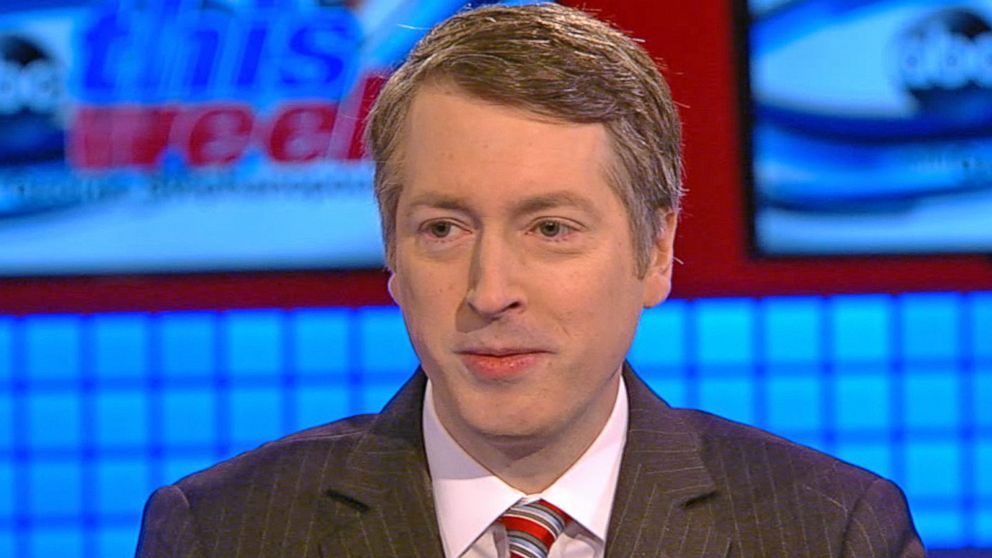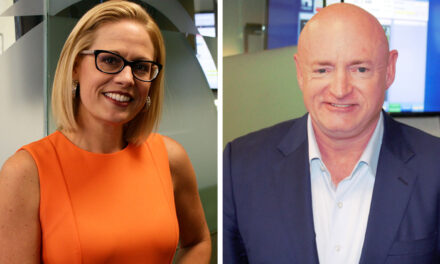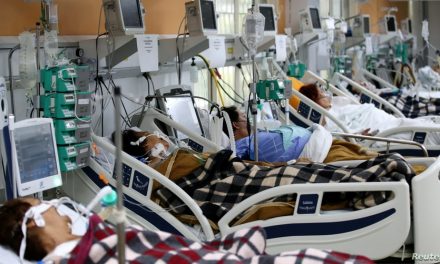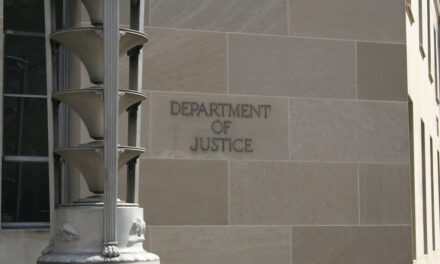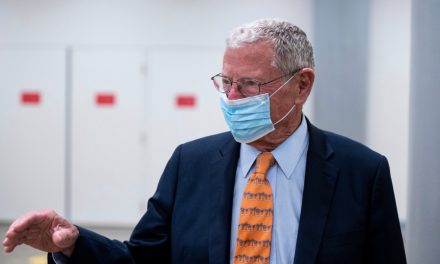I had to familiarize myself with the legal doctrine of willful ignorance in order to understand the merits of Rich “Starbursts” Lowry’s argument that Donald Trump should not be indicted for any crimes. There are a lot of non-lawyers and non-psychologists who are saying it’s impossible to tell what Trump actually believes versus what he pretends to believe out of self-interest, and this is supposed to matter a great deal for whether or not he’s legally culpable for his misconduct.
Now, suppose that Trump decided to light fire to his own tower on Fifth Avenue in Manhattan. And suppose that prosecutors wanted to charge him with second degree arson, which involves lighting fire to a building when people are inside. A defense against this charge, even when the arson is admitted, is that Trump did not subjectively believe that anyone was inside the building.
You might ask how this is possible. He owns the building. He worked in it for years. He has a residence there and he knows that the building has many residences and businesses. The building has security guards. There is never a time when Trump Tower is completely empty. But maybe he didn’t see any people inside when he lit the fire and somehow convinced himself that there was no one was inside.
But let’s take this further. Imagine that he spent weeks before the fire telling anyone who would listen that his building was empty. It’s true that he was repeatedly corrected about this misperception. People in a position to know better told him over and over that his theory was unsupported by the facts. But he didn’t accept their expert opinions. He blew off the doorman and the fire marshal and countless employees who told him he was wrong.
He was invited to take a walk through the building so he could see that it was teeming with people, but he would just change the subject and continue to insist that no one was there.
So, when he lit the fire, he might have sincerely believed that no one was presently inside, but mainly because he is crazy. Believe it or not, this might be good enough to win him an acquittal.
For Rich Lowry, this kind of insanity is a defense against his effort to overturn the 2020 election and remain in power. To begin with, Trump has the appearance of being sincerely deluded about voter fraud costing him a second term in office.
One of the most discussed possible indictable offenses is obstruction of a congressional proceeding. This requires corrupt intent, meaning that Trump didn’t believe his own claims and was lying about massive voter fraud.
The January 6 committee has made much of people around Trump, especially then-attorney general William Barr, telling him that his claims of fraud were bogus. That doesn’t mean that Trump credited these advisers. In fact, he vehemently disputed their analysis.
Now let’s say that Kimberly Guilfoyle handed a folded up piece of paper containing white powder to Donald Trump Jr., and Trump Jr. then took that package across state lines and gave it to Lawrence Kudlow. If changed with a crime, Trump Jr. could argue that he never verified that he was transporting an illegal drug and therefore did not know he was breaking the law. But the doctrine of willful ignorance allows a judge to instruct a jury that Trump Jr.’s failure to verify the character of the substance is not a defense. There’s really not a way around this involving the assertion that Trump Jr. is crazy and convinced himself it was baby powder. If he had a reasonable suspicion that he was giving cocaine to Kudlow, that’s enough to convict him.
Unless, maybe, if dozens of people warned Trump Jr. that it looked like cocaine and tasted like cocaine and that Guilfoyle and Kudlow have reputations as giant fans of cocaine, and he gave every appearance of disbelieving them.
Who’s to say that Trump Jr. wasn’t genuinely out of his mind? Who can say that the disgraced ex-president isn’t stark-raving mad?
After Trump has spent his adult life exaggerating, twisting and obscuring the truth to suit his interests and ego, it is almost impossible to distinguish between his legitimate self-delusions and his deliberate deceptions. On top of this, he is naturally prone to conspiratorial thinking. No one is going to be able to establish his state of mind with any certainty, and it’s my guess that he could pass a lie detector test making all his various allegations of fraud, even if they contradict one another.
There’s clearly something wrong with the law if this is how it works. It’s one thing to say that you’re not guilty because you have some mental condition that prevents you from understanding reality. But here we have a standard that says that you can’t depend on your ignorance if you deliberately took steps to avoid learning the truth. To be sure, Trump did this at times. Former Attorney General William Barr testified that Trump showed no curiosity about the evidence disproving all of his voter fraud claims. But in a more general sense, Trump was exposed, repeatedly, to evidence that his claims were false. Specifically, lawyers and prosecutors and investigators looked into the allegations and told him they lacked merit. We rely on experts all the time to give us knowledge. How do you know you have diabetes? Because the lab results say you have diabetes. How do you establish whether or not voter fraud cost you an election? You ask the appropriate experts to investigate.
Trump did ask for these investigations, he just didn’t like the answers. If you don’t believe your diabetes diagnosis and refuse treatment, the result will not go well for you, and if you argue that you distrust doctors and lab reports, that won’t mean you aren’t responsible for your own poor health outcome.
Trump went further than this, however. He asked the investigators to declare they had found fraud where none existed. In effect, he asked for fake lab reports. He wanted the Justice Department to say they had found irregularities that they had not found, and he wanted Secretary of State Brad Raffensperger of Georgia to find him votes that did not exist. Lowry has an answer for this, too. He argues that Trump has support for his conspiratorial thinking about Georgia’s election from his own White House lawyers.
Even if we credit this as a defense in that specific incidence, what this boils down to is the idea that Trump cannot be proven not to believe the election was stolen from him and therefore is not culpable for all manner of fraud, let alone injury, death, and an attempted coup. This cannot be right.
In part, it’s wrong because Trump is guilty of a lot more than some narrow statutory offense for which sincere, but deluded, belief can serve as a defense. This isn’t limited to a second degree arson case. There are people who have already pleaded guilty to seditious conspiracy for their role in Trump’s scheme.
More than this, I can’t avoid paying my debts by simply asserting that I do believe I owe anyone money. Holding (or pretending to hold) sincerely wrong opinions isn’t some blanket way to escape justice. If Trump has a defense based on his mental defectiveness, then he must assert that defense. There is plenty of evidence that he knew he lost the election and a staggering amount of evidence that he was informed of this fact from experts and should have accepted their verdict. Lowry tries to wipe this all away by saying it’s almost impossible to “distinguish between his legitimate self-delusions and his deliberate deceptions.” Leave that argument for Trump’s lawyers. Maybe they’ll have some luck with it, but we can’t fear such nonsense.
I completely reject the idea that Trump should not be indicted because he’s got an ironclad “self-delusion” defense. Lowry is on better footing when he argues that the prosecution of Trump will be divisive and create troubling precedents, but failing to prosecute him will have all the same pitfalls, without even the hope for justice.

